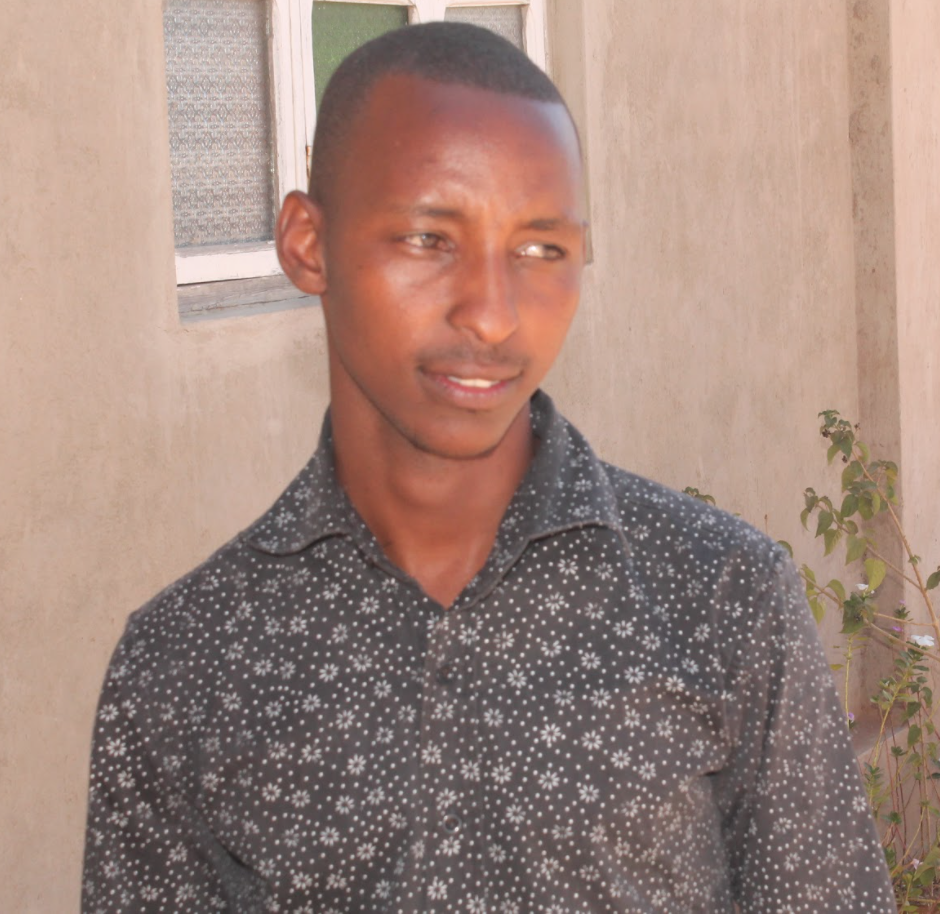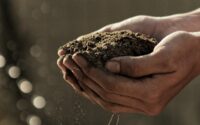Dr. Semira M. Beyana: Pioneering a Panacea for Sustainable Soybean Farming in East Africa and Beyond
Dr. Semira M. Beyana, a distinguished scientist and emerging leader, sometimes back spearheaded a transformative study that has the potential to revolutionize soybean production in Ethiopia.
Collaborating with researchers SJ Jashwal, E Wolde-Meskel, and FD Dakora, Dr. Semira led a team in the study titled “Physiological and Molecular Characterization of Bradyrhizobial Isolates, Nodulating Soybean in Ethiopia.” Through rigorous experimentation and meticulous analysis of soil samples collected from soybean farms across the country, the team made a groundbreaking discovery—indigenous bradyrhizobia bacteria strains with immense potential.
The study, conducted at the Department of Crop Science at Tshwane University of Technology in Pretoria, South Africa, in collaboration with Hawassa University’s School of Plant Science and Horticulture, delved into the physiological and molecular aspects of these bradyrhizobial isolates. The team’s findings shed light on the symbiotic relationship between these strains and soybean plants, unveiling their capacity to enhance soybean production significantly.
Ethiopian soybean farmers face numerous challenges, including poor soil fertility, expensive chemical fertilizers, and limited access to advanced technologies. However, Dr. Semira’s research has provided a breakthrough solution. By harnessing the potential of these indigenous bradyrhizobia strains, farmers can improve the growth, yield, and quality of their soybean crops while reducing input costs.
One key advantage of these strains is their ability to fix nitrogen biologically, reducing dependence on costly chemical fertilizers. This sustainable approach not only benefits farmers economically but also contributes to environmental preservation. By optimizing soybean cultivation through the utilization of bradyrhizobia strains, Dr. Semira’s research is laying the foundation for a more resilient and prosperous agricultural sector in Ethiopia.
The implications of Dr. Semira’s study reach far beyond the confines of the research lab. Her findings and recommendations provide practical solutions for farmers across the country, particularly smallholders who often face resource constraints. By implementing these sustainable agricultural practices, farmers can enhance soybean yields, improve food security, and contribute to their own economic well-being.
Dr. Semira M. Beyana’s groundbreaking research on indigenous bradyrhizobia strains in soybean production has the potential to be a panacea for sustainable farming not only in Ethiopia but also in East Africa and beyond. Her findings offer a transformative solution to the challenges faced by soybean farmers across the continent, bringing hope for improved agricultural practices and enhanced food security.
Soybean cultivation plays a crucial role in addressing nutritional deficiencies, as it is a rich source of protein and essential nutrients. However, soybean farmers in East Africa encounter numerous obstacles that hamper their productivity and limit the potential of this valuable crop. Poor soil fertility, high costs of chemical fertilizers, and limited access to advanced technologies have been significant barriers to achieving optimal soybean yields.
Dr. Semira’s research breakthrough is a game-changer in the region. By identifying and harnessing the potential of indigenous bradyrhizobia strains, she has opened up new avenues for sustainable soybean farming. These strains, capable of biological nitrogen fixation, facilitate a natural process by which atmospheric nitrogen is converted into a usable form by plants, thereby reducing the need for expensive chemical fertilizers.
The implications of Dr. Semira’s research extend far beyond Ethiopia. East Africa and other regions on the continent that face similar agricultural challenges could greatly benefit from the adoption of these findings. By incorporating bradyrhizobia strains into soybean farming practices, farmers can experience increased yields, improved crop quality, and reduced input costs. This, in turn, would enhance the economic viability of soybean production, particularly for smallholder farmers who make up a significant portion of the agricultural sector in many African countries.
Furthermore, the sustainable nature of bradyrhizobia strains contributes to environmental preservation. Reducing reliance on chemical fertilizers significantly mitigates the risk of soil degradation and water pollution. This benefits farmers by preserving the long-term productivity of their land and promotes the overall sustainability of agriculture in the region.
The potential impact of Dr. Semira’s research on soybean farming in East Africa and the continent as a whole is immense. Her findings can pave the way for a more secure and prosperous agricultural sector by improving the productivity, profitability, and sustainability of soybean cultivation. The availability of locally adapted bradyrhizobia strains offers farmers the opportunity to reduce their dependency on costly inputs and gain more control over their agricultural practices.
The implications of Dr. Semira’s work also extend to broader developmental goals. Sustainable soybean farming enhances food security and promotes rural development, poverty alleviation, and gender equality. By empowering farmers with knowledge and tools to optimize soybean production, Dr. Semira’s research contributes to the economic empowerment of farming communities, particularly women who often play a significant role in agricultural activities.
Dr. Semira ‘s pioneering research has unlocked the potential of indigenous bradyrhizobia strains, positioning them as a panacea for sustainable soybean farming in East Africa and beyond. Her findings provide practical and scalable solutions to the challenges faced by soybean farmers, offering a pathway towards improved agricultural practices, increased yields, and enhanced food security. With her groundbreaking work, Dr. Semira is driving positive change that has the potential to transform the agricultural landscape and improve the lives of farmers throughout the continent.
Dr. Semira M. Beyana’s pioneering work in advancing sustainable soybean cultivation exemplifies her commitment to equitable development and the empowerment of farmers. Her research not only addresses critical challenges faced by Ethiopian soybean farmers but also contributes to the broader goal of achieving food security and sustainable agricultural practices. Driven by her passion and expertise, she is shaping a brighter future for Ethiopian agriculture, where farmers can thrive, communities can prosper, and the environment can flourish.


